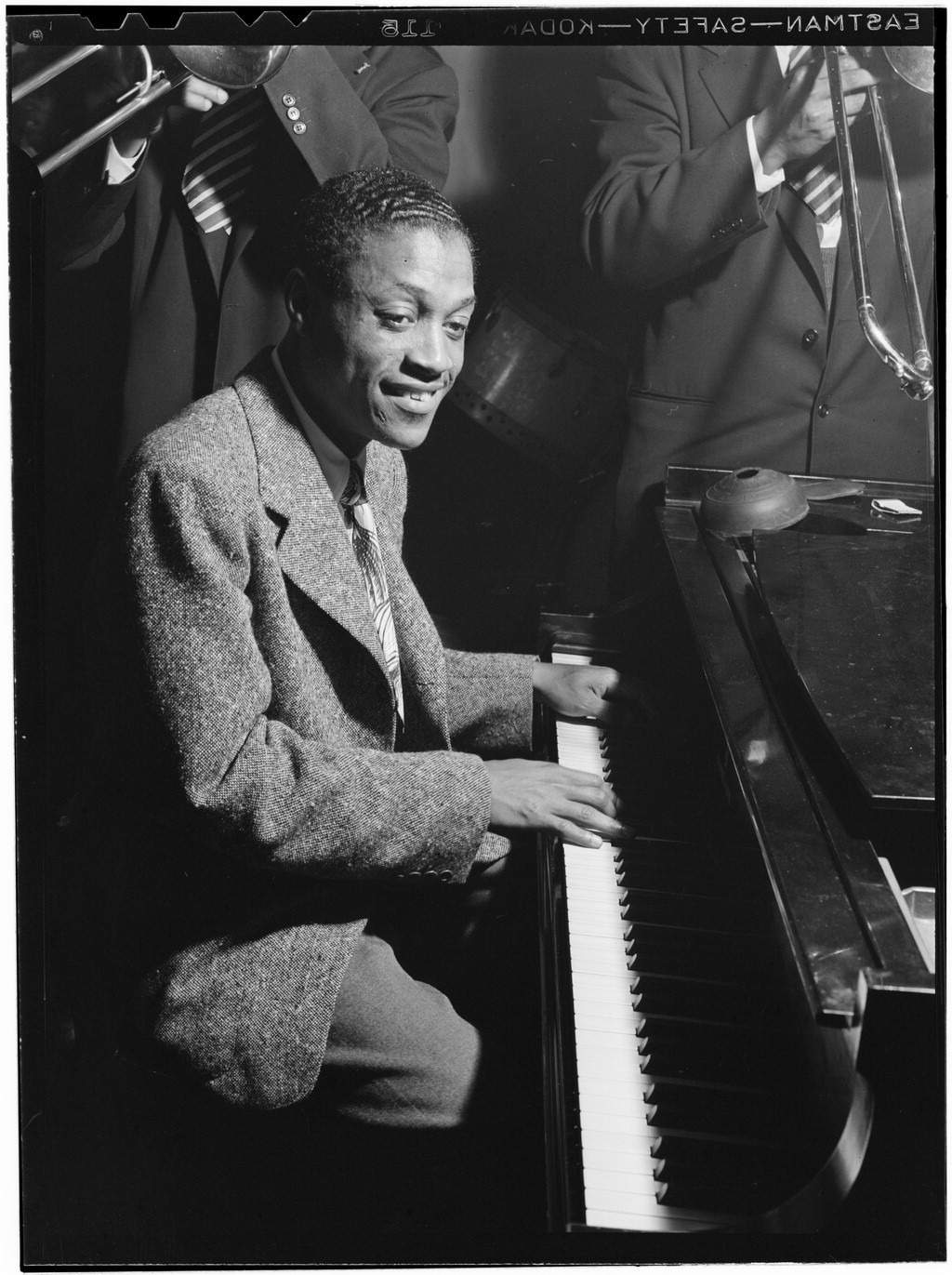Introduction to Eddie Heywood
Oldies music fans may remember Eddie Heywood Jr. as a great jazz pianist. Heywood played with several other jazz musicians before forming his own band in the early 1940s, when they backed Billie Holliday. Heywood also played piano solos for Coleman Hawkins quartet date. Afterwards, he formed a six-piece band simply called The Eddie Heywood Sextet, which gained popularity in the mid-1940s, performing a variety of swing standards. Heywood’s career stalled when a partial paralysis struck him, making his hands unable to play piano at all. But he recovered and staged a comeback in the early 1950s, and then he would record of his most memorable pieces, “Soft Summer Breeze” and “Canadian Sunset,” both released in the mid-50s music era. Another bout of partial paralysis hit him during the mid to late 1960s, but he made another comeback and played well into the 1980s. Heywood died of Parkinson’s disease in 1989.
Early life and career
Jazz pianist Eddie Heywood was born Edward Heywood Jr. in Atlanta, Georgia on December 4, 1915. His talent for the keys was inherited from his father, Eddie Heywood Sr., who was also a strong jazz pianist himself and also a bandleader. Heywood Sr. had attained renown during the 1920s, and accompanied acts such as the comedy duo Butterbeans and Susie. He later passed his talent on to his son, who would the get to playe the piano professionally when he was 12 or 14. The boy played alongside with his father, playing piano in the vaudeville theater pit in Atlanta.
During the early days of his career, Heywood Jr. accompanied singers, such as Bessie Smith and Ethel Waters. He also played piano for bands led by Wayman Carver, Clarence Love, Benny Carter and Don Redman. As he was building up his name, he moved to different places, first to New Orleans, Kansas City and then to New York.
Heywood and his own band
By the early 1940s, Eddie Heywood formed his own band and would sometimes accompany chanteuse Billy Holiday and another singer Alberta Hunter in the early 1940s. He also played many classic solo pieces on a Coleman Hawkins quartet date, most notably the popular standard by George and Ira Gershswin “The Man I Love.”
In the mid-1940s Eddie Heywood then formed his own sextet, simply called The Eddie Heywood Sextet, which went on to play swing standards with their own melodic flair and tight arrangements. This sextet also included Don Cheatam and Vic Dickenson, both of whom would go on to become stars in their own right. The sextet put themselves in direct rivalry with another jazz musician John Kirby, but thanks to the presence of Cheatam and Dickenson, but Heywood and his group were able to weather such stiff competition with flying colors.
Struck with half-paralysis
Heywood attained renown in 1944 with his altogether different rendition of Cole Porter’s “Begin the Beguine.” However, in 1947 Heywood was hit by a partial paralysis that left his hands unable to move, and therefore he couldn’t play the piano any longer. He might no longer work on and play the piano but it didn’t stop him to pursue music.
Heywood’s big comeback
In 1951 Heywood made a comeback mostly by composing tunes. He wrote and recorded songs such as, and during this period he experienced his biggest commercial successes in his career.
In 1956, he released his self-penned songs “Soft Summer Breeze” and “Canadian Sunset.” “Soft Summer Breeze” was a big hit, peaking at #11 on the Billboard Hot 100.
“Canadian Sunset,” meanwhile, was written by Heywood as well. It was recorded by Heywood himself and another composer and musician Hugo Winterhalter and his orchestra. It became Heywood’s biggest hit ever in his career, reaching at #2 on the Billboard pop chart in 1956.
Later life and career
Heywood suffered partial paralysis yet again during the 1960s, but still it didn’t daunt him to make another successful comeback. He continued his career into the 1980s until Parkinson’s disease (further aggravated with Alzheimer’s disease) claimed Heywood’s life on January 3, 1989. He was 73.

